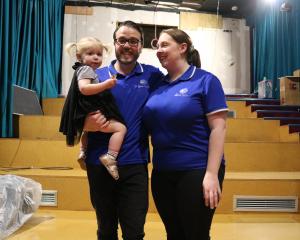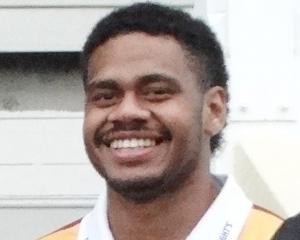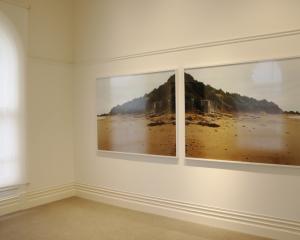
Thirty years ago, Oriwa Miller was heavily involved in the Oamaru marae, but after moving to Perth, Australia, she left kapa haka behind.
Yesterday, Ms Miller, who moved back to Oamaru two years ago, took part in the marae’s waiata waananga, a workshop for people to learn or practise waiata, and felt a sense of pride in her culture.
"I haven’t even done kapa haka in that long. It’s great, it’s fantastic — and on Waitangi Day," Ms Miller said.
After learning about the day through her friend, Te Whare Koa Marae Trust kaitiaki putea (treasurer) Christine Hepi, Ms Miller immediately wanted to be involved.
Together the pair helped people learn various waiata, and Ms Miller taught the 21 guests hand actions and other movements to go along with the songs.
"It’s meeting new people, it’s good to support friends. I just love kapa haka."
Oamaru’s Suzy Oakes also celebrated her bond with her culture, alongside her daughter Aria. It was Mrs Oakes’ first time visiting the marae but her grandfather, John Chellew, had previously been a big part of the organisation.
Spending time at the marae, learning waiata from people who were willing to share their knowledge and connecting with her Maori heritage was special.
"It’s Waitangi Day — what better way?" Mrs Oakes said.
"Eventually, I’d like to [take] te reo classes as well."
Having previously taught kapa haka at North Otago primary schools, Mrs Hepi wanted to share her knowledge to the wider community and welcome them to the marae.
She was delighted by the response to the day — held under Red traffic light settings — and had enjoyed watching people become comfortable singing together.
She used a technic called "me sing, we sing", where she sang a line followed by the guests.
"It helps with pronunciation, timing and you can kind of learn everything all at once."
Several children attended the day, including Mrs Hepi’s, and she said it was important to hold more community events to pass knowledge on to the younger generation.
"I realised I had to stop standing back and hope someone else will step up. We have to teach them their heritage and their culture."












